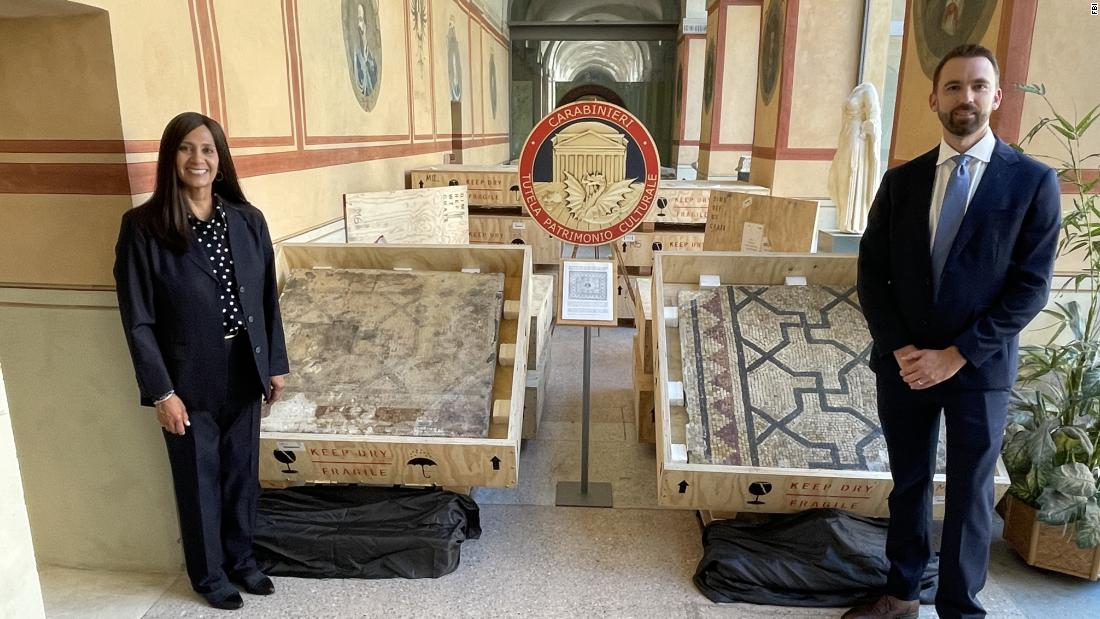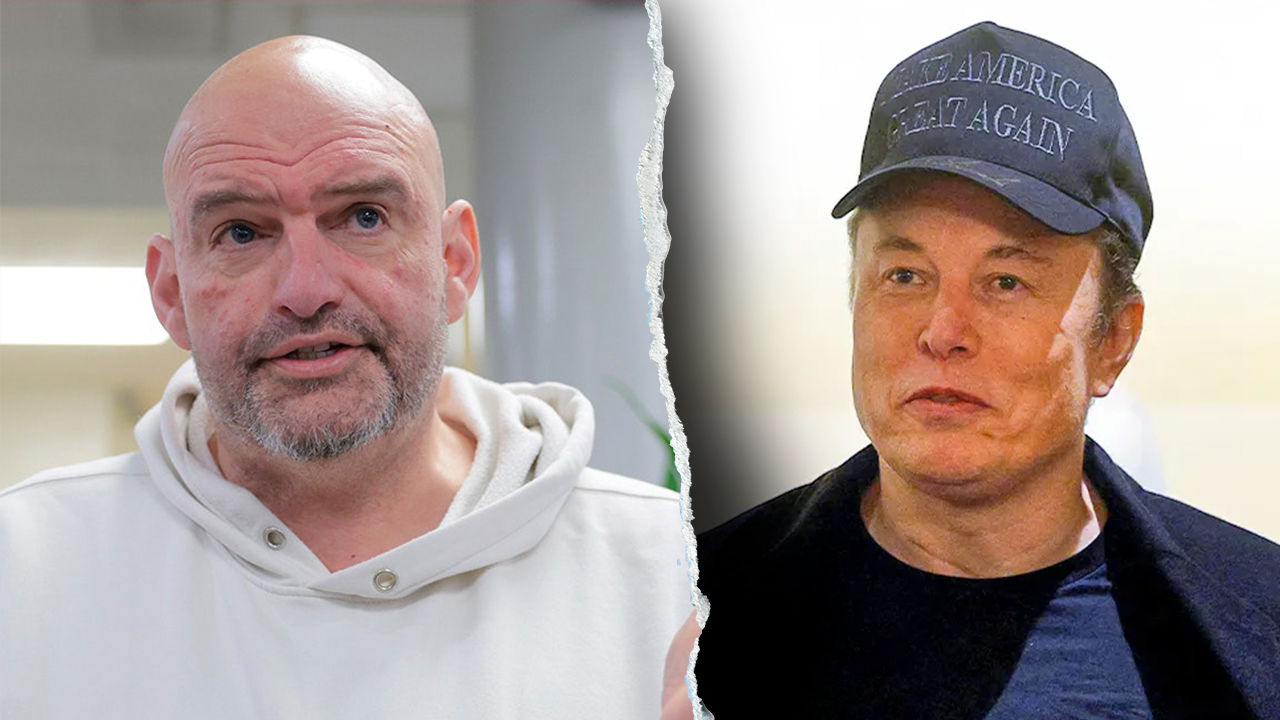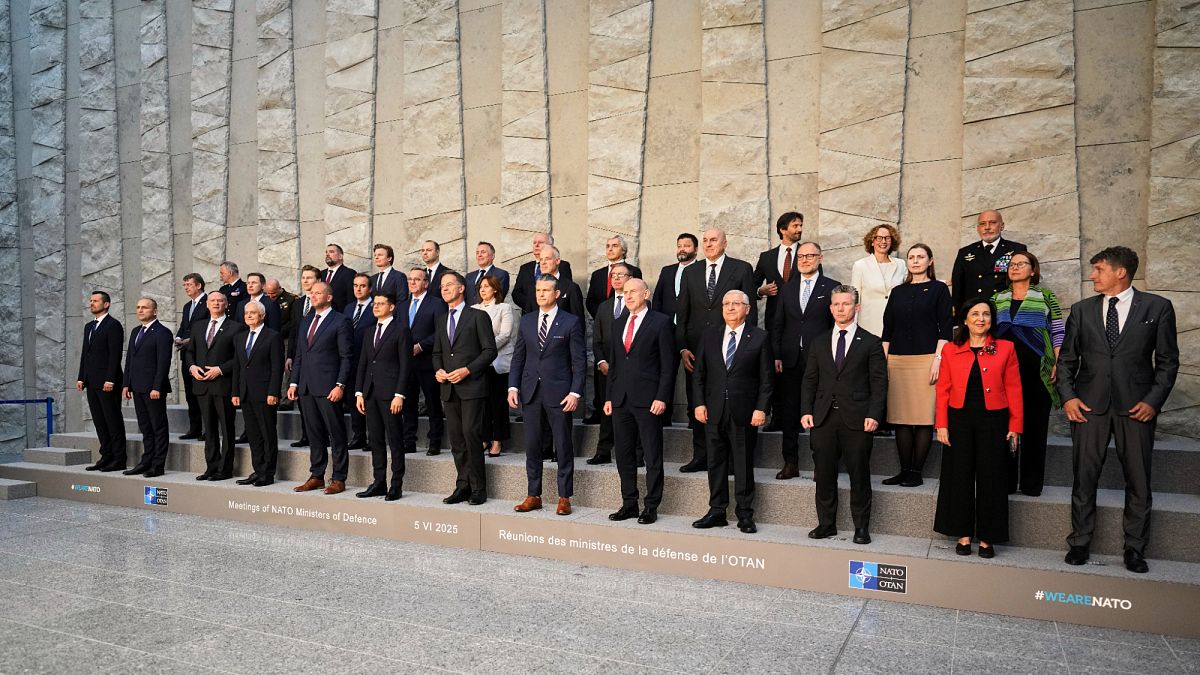As Donald Trump and Elon Musk’s “bromance” broke apart on Thursday, tech industry figures who had backed both men raced to contain the fallout.
“Elon isn’t taking calls from anyone,” complained one Silicon Valley financier and major donor to Republican candidates. “Not from people who have billions invested in his companies . . . The Valley is losing their shit.”
At stake was an alliance between the tech world and the populist right that not only helped return Trump to office but also one that founders and investors had hoped would herald an era of tax cuts and deregulation, as well as an open door to crypto and artificial intelligence.
Musk’s role in the Trump administration had also paved the way for several Silicon Valley figures to take prominent positions in government — roles that could now be in peril.
The sudden deselection of Jared Isaacman, a Musk ally and tech founder who had been nominated to lead Nasa, was just the start of an expected “purge”, one person close to the administration said, threatening tech’s hard-won influence in Washington.
Some of those considered to be at risk were crypto and AI tsar David Sacks, policy adviser Sriram Krishnan, and Michael Grimes, Musk’s former banker at Morgan Stanley, now an official at the Department of Commerce.
As Musk’s relationship with the White House worsened, key figures on the tech right tried to play down the permanence of the rift.
“USA is VERY lucky to have both E and Pres Trump,” Joe Lonsdale, a co-founder of Palantir and investor in Musk’s companies wrote on X.
Hedge fund manager Bill Ackman urged the duo to “make peace for the benefit of our great country”, pleading: “We are much stronger together than apart.”
David Friedberg, a co-host of the All-In podcast that often features Musk and that has become a sounding board for the Trump-aligned tech world, suggested there was a broader cost to America from the spat between the US president and the Tesla boss. “China just won,” he posted.
Behind the scenes, prominent Silicon Valley figures were desperately trying to prevent Musk from appearing on an emergency episode of the podcast, according to two people familiar with the matter, out of concern that the billionaire would make the dispute even worse and poison the relationship with tech’s most powerful ally in Washington, vice-president JD Vance.
“It’s going to be a disaster with Musk in this frame of mind,” one of the people warned.
One of the podcast co-hosts, David Sacks, was “shell-shocked”, the second person added, and needed to be protected from public scrutiny until things calmed down. Sacks, usually a frequent poster on social media, has remained silent since the Musk-Trump relationship imploded. He did not immediately respond to a request for comment.

Elsewhere, other prominent tech figures debated whether reconciliation was possible and, if not, what life beyond the break-up would look like.
Ryan Selkis, founder of a crypto platform who became a prominent Trump backer, told the Financial Times: “Elon will be back in the fold in a matter of weeks, but it will be a chastened Elon.”
Delian Asparouhov, a space tech founder who co-runs the Hill & Valley Forum, which links Silicon Valley and Washington, said: “I don’t think there is going to be a de-escalation here.” He expressed concern to tech news site TBPN that smaller space companies that work with Musk’s SpaceX could encounter “more resistance” from the White House.
Others bemoaned the souring of the tech community’s Trump bet. “Maybe Silicon Valley got played by Trump. He got what he wanted,” said one West Coast venture capital founder, citing Musk’s $250mn donation to Trump’s campaign.
The person lamented the ongoing economic volatility — caused by tariffs and Trump’s unpredictability — during a presidency that they had been promised would be a boon to business. “We’re all experiencing a liquidity crunch,” they said. “We need public markets to open.”
Cracks in Silicon Valley and Washington’s marriage of convenience had been appearing for weeks, particularly over the Trump tax bill that so irked Musk. Deficit hawks balked at the legislation adding trillions to the US debt pile, while more socially progressive tech figures bridled at proposed cuts to entitlement programmes like Medicaid.
“I am fully for pursuing the elimination of waste and fraud,” said Jon McNeill, a former Tesla president who worked alongside Musk and now runs start-up incubator DVx Ventures. “But at the same time, I don’t want a tax break so badly as to make the most vulnerable suffer. And from what I’m hearing, a lot of my peers feel the same way.”
The public bust-up could now open the door for others in Silicon Valley to replace Musk as tech’s de facto ambassadors in Washington, especially his arch-rival, OpenAI’s Sam Altman.
“Tech is not represented by one person,” an investor in Musk’s companies said. “Engagement between tech and government is not because JD is a tech guy or because Trump is, it’s because tech is so important,” they added. “This doesn’t end because of one person, even if he’s the most prominent person in the world.”
Additional reporting by Alex Rogers in Washington

































